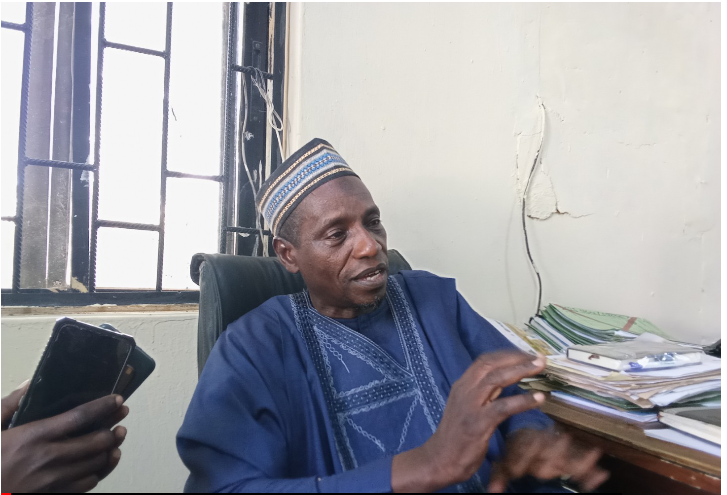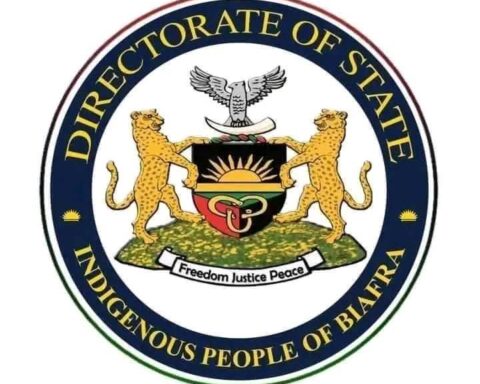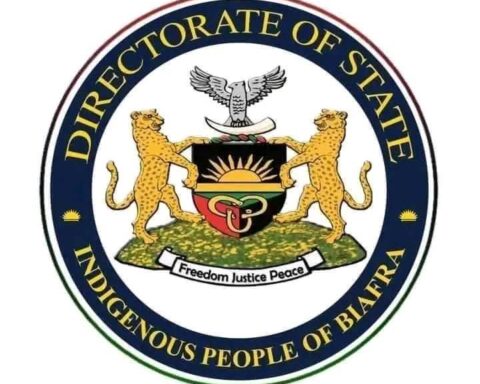In an unexpected reversal, the Jigawa State Government has reinstated 245 teachers who were earlier sanctioned for absenteeism. The pardon comes after the teachers submitted written apologies and met stipulated conditions set by the State Universal Basic Education Board (SUBEB).
In mid-June 2025, SUBEB—under Chairman Prof. Haruna Musa—publicly announced the withholding of salaries for 239 classroom teachers, following investigations that revealed many had been absent from duty for durations ranging from several months to up to three years, while still collecting full pay.
One particularly egregious case involved a teacher who had been turbaned as a village head, reportedly absent from teaching duties for three years yet continuing to draw a salary in addition to traditional leadership perks.
SUBEB also suspended four local government education secretaries who were found to be covering for errant teachers in LGAs including Kirikasamma, Auyo, Miga and Maigatari.
Teachers were given two options: return to active duty and make up for missed service, or refund the salaries received during periods of absence, failure of which could result in outright termination.
While not officially confirmed in major outlets at the time of this writing, internal reports indicate that of the sanctioned teachers, 245 formally submitted letters of apology. These letters acknowledged wrongdoings and expressed remorse to SUBEB and the state government.
Following these apologies, the affected individuals were granted conditional reinstatement:
They are expected to return to their schools immediately and serve in class to repay the months or years of salary they received without service.
Those unable to resume teaching duties must repay all withheld salaries before further payments continue.
Any failure to meet these conditions may lead to appointment termination or further disciplinary measures.
While official press statements regarding the exact number of reinstatements remain pending, Prof. Haruna Musa reiterated the administration’s firm stance on absenteeism:
>Our system will not tolerate negligence. We expect every teacher to uphold their oath to educate. Where lapses occur, consequences will follow—unless genuine remorse and corrective steps are demonstrated.”
This approach—combining both punitive and corrective elements—is in line with broader efforts by Jigawa authorities to sanitize the teaching workforce, eliminate “ghost workers,” and ensure that public resources are used efficiently.
Restorative governance: The pardon underscores a balanced policy—sanction wrongdoers, but offer redemption where accountability is acknowledged.
Heightened oversight: Education secretaries and headmasters now face greater scrutiny, with the public encouraged to report absenteeism directly to SUBEB.
Public confidence: The process of apology followed by action may help restore trust in the state’s educational institutions and reinforce expectations of professionalism among teachers.
This development in Jigawa underscores the government’s dual commitment to discipline and reform—deterring absenteeism, while also allowing teachers a pathway to redemption if they acknowledge their mistakes and commit to service.



























